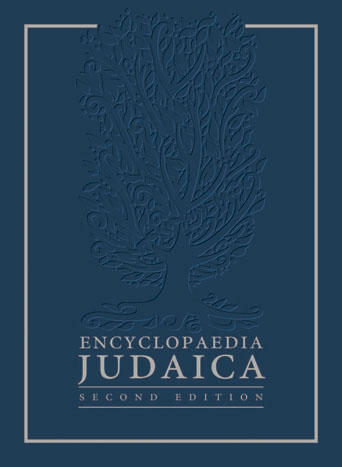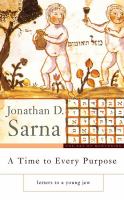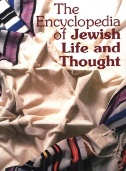Rosh Hashanah, the Jewish New Year, is a time for self-reflection and examination of conscience. It is observed on the first two days of Tishrei, the seventh month of the Hebrew calendar. This year, Rosh Hashanah begins at sundown on September 20 and ends at nightfall on September 22. The holiday is a time to admit failings, ask God for forgiveness, and commit oneself to the repair of the world. The Jewish New Year serves as a reminder that revitalization and renewal remain ever possible.
On Rosh Hashanah, the Torah commands the sounding of the shofar, a ram’s horn, as a reminder that Abraham, offering his son Isaac in sacrifice, was reprieved when God decided that Abraham could sacrifice a ram instead. The shofar should be curled, the reason being that it represents the posture of a man bowing down in repentance. The sound of the shofar is a call to repent and to transform oneself and potentially the world.
The holiday ends with fasting and prayer services on Yom Kippur, the Day of Atonement.
Consult the following library resources to learn about the various customs, greetings, and symbolic foods of Rosh Hashanah.
- Days of awe; being a treasury of traditions, legends and learned commentaries concerning Rosh ha-Shanah, Yom Kippur and the days between, culled from three hundred volumes, ancient and new
- Encyclopaedia Judaica
- A time to every purpose: letters to a young Jew
- Cantorials for the High Holidays (Roshashona and Yom Kippur)
- The Encyclopedia of Jewish Life and Thought



